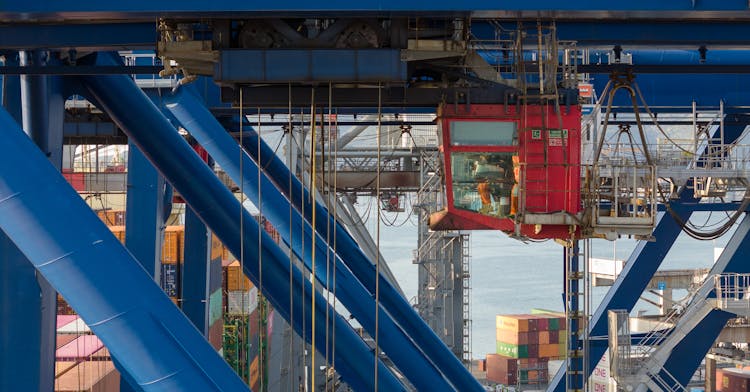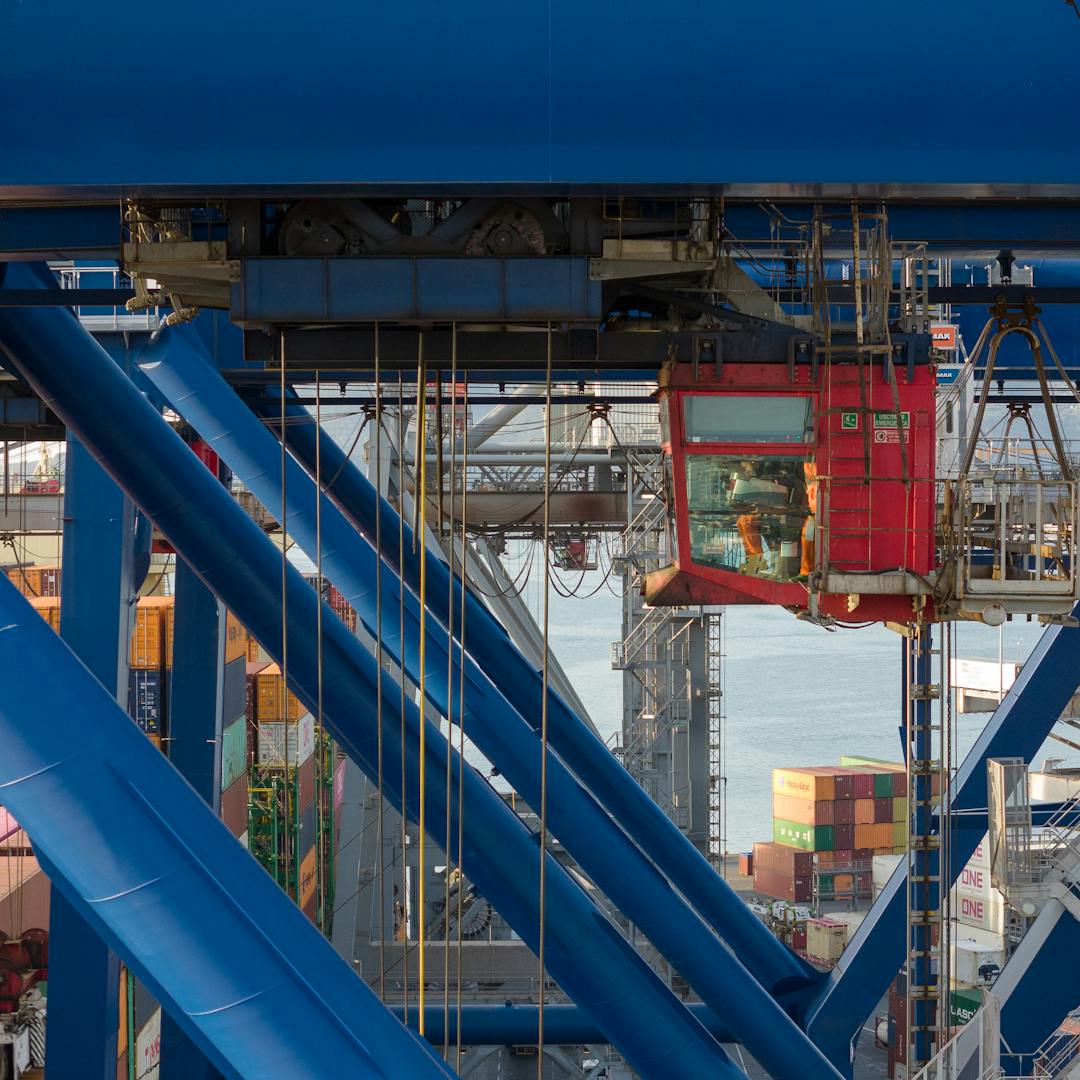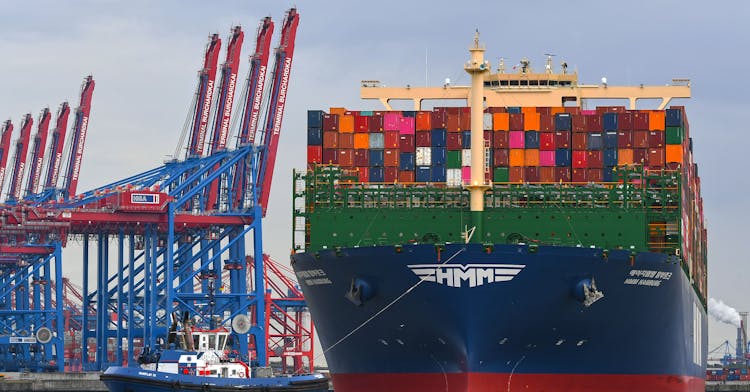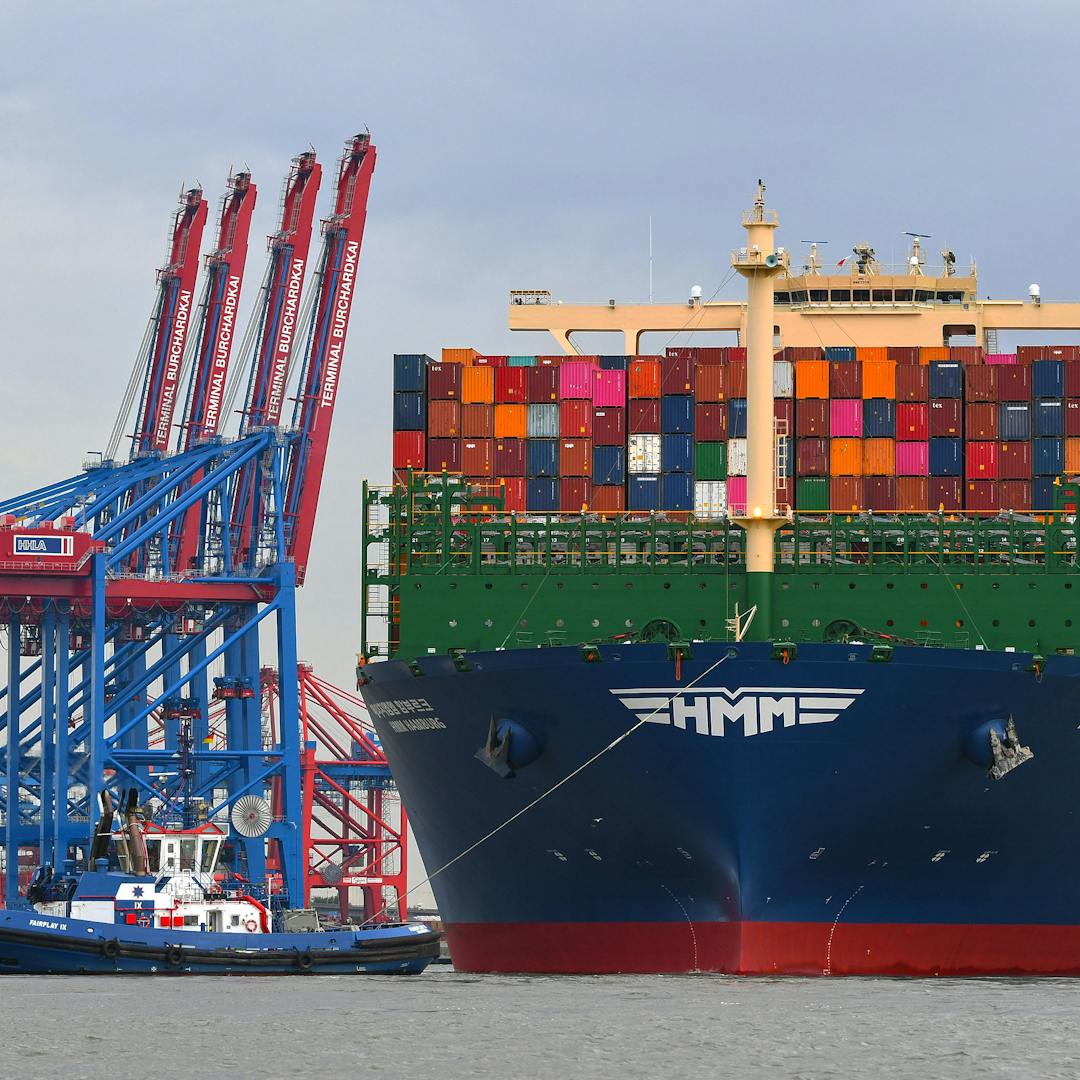To complete an international shipment, several documents must be exchanged between multiple parties.
Currently, these documents are not standardised, and the majority are still paper based, requiring physical hand-off between participants. The manual handover of paper documents is inefficient, expensive and error prone, which contributes to high costs and supply chain bottlenecks. Despite these issues, adoption of the electronic bill of lading (eBL) is currently extremely limited. In 2021, DCSA estimated that 16 million original B/Ls were issued by ocean carriers and that paper B/Ls cost the industry around US$11 billion per year. Despite this, at the end of 2021, only 1.2 per cent of B/Ls was electronic.¹Benefits of digitalising documentation
The bill of lading has changed little since the 1700s, but undoubtedly the world has Creating a standardised, digital native version of the B/L and all associated documentation, and standardising B/L processes will drive benefits not only for the industry and its stakeholders, but for the world at large. A dramatically simplified and streamlined B/L process will enable carriers to become more efficient while providing a better experience for shippers. And every stakeholder will benefit from increased efficiency, accuracy and reduced administration costs.The DCSA Digital Trade initiative
The need for digital documentation is widely accepted among industry stakeholders and momentum driving universal eBL is building within industry and government. In support of this effort, DCSA’s Digital Trade initiative will mitigate the challenges involved in standardising and digitising international trade documents. The ultimate goal is to facilitate acceptance and adoption of an eBL by regulators, banks and insurers, and to unify communication between these organisations and customers, carriers and all other stakeholders involved in an international shipping transaction.Download our e-book to read more about streamlining international trade by digitalising end-to-end documentation.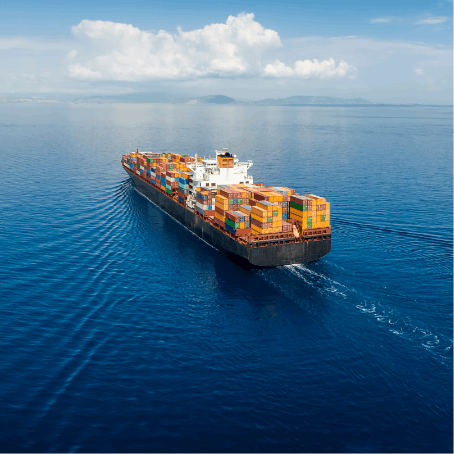
Digitalise the container shipping industry
At DCSA, we envisage a digitally interconnected container shipping industry in which customers have a choice of seamless, easy-to-use services that provide the flexibility to meet their business and sustainability goals.
